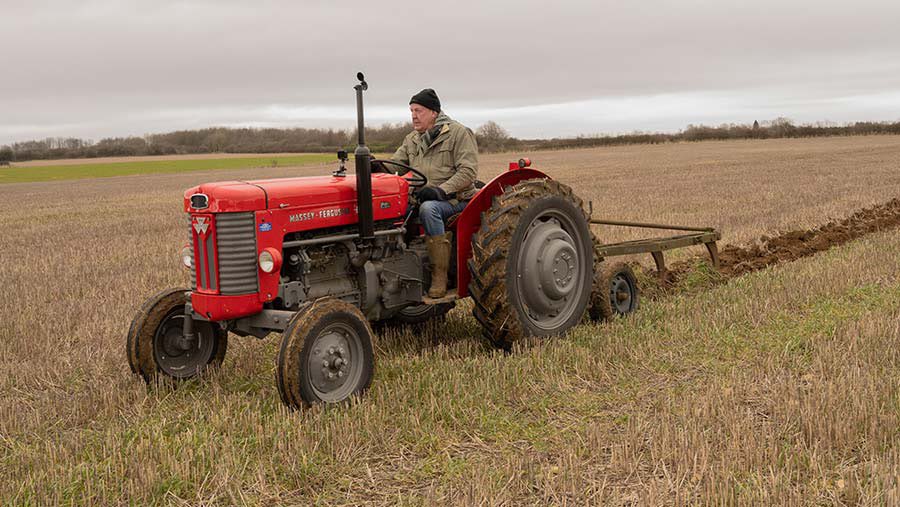The farmer suicide crisis grips rural America, driven by relentless pressures from agricultural conglomerates. Official data reveals farmers face suicide rates 2-3.5 times higher than the general population, with over 450 deaths in nine Midwestern states from 2014 to 2018. Economic despair, fueled by corporate dominance, strips farmers of autonomy and hope. Meanwhile, conglomerates like Tyson Foods and Cargill control markets, squeezing small farms. This article examines the crisis, linking corporate power to farmer suicides, supported by credible data and initiatives addressing the issue.
Economic Stranglehold
Agricultural conglomerates dominate 80% of beef processing and significant shares of pork and poultry, slashing farmers’ bargaining power. Consequently, net farm income dropped 35% since 2013, hitting negative $1,325 in 2017. Farmers face low commodity prices, often below production costs, as conglomerates leverage global markets. Moreover, high debt from costly equipment and seeds, pushed by firms like Monsanto, traps farmers. A 2023 NRHA report confirms a 48% rise in rural suicides from 2000 to 2018, tying economic stress to mental health crises. Therefore, conglomerates’ market control directly fuels financial despair.

Loss of Autonomy
Contract farming, where conglomerates dictate terms, erodes farmers’ independence. Companies like Smithfield provide inputs but enforce strict production rules, leaving farmers with slim margins and high risks. This power imbalance fosters hopelessness, a key suicide risk factor. Additionally, bailout funds often favor large corporate farms, as noted in a 2020 X post. A 2020 CDC study ranks agriculture among the highest suicide-risk occupations, with farmers at 31.4 per 100,000. Thus, corporate control strips farmers of agency, amplifying psychological strain. CDC Report
Systemic Pressures
Conglomerates push high-input farming, increasing costs for seeds and pesticides. Small farmers struggle to adopt automation, unlike large operations backed by corporate giants. Furthermore, pesticide exposure may worsen depression, with easy access making it a common suicide method. Rural isolation, worsened by conglomerate-driven consolidation, limits mental health access, with only 3 psychiatrists per 100,000 rural residents. Climate-driven farm stress exacerbates burnout, showing how conglomerates’ monoculture practices heighten vulnerability. Hence, systemic issues compound the crisis.

Paths Forward
Efforts to curb farmer suicides target corporate and social factors. The AgriStress Helpline and 988 Crisis Line offer 24/7 support, while Wisconsin’s Farm Center provides counseling. Meanwhile, Colorado’s 2024 bills fund rural suicide prevention. Grassroots campaigns, like Wisconsin’s Sock Perry Foundation, train communities to spot distress. Advocates push antitrust laws to limit conglomerate power and restore price floors. In 2023 NRHA policy brief urged Congress to fund rural mental health. These steps show progress, but the crisis persists. We can only hope that future American independent farmers can follow their dreams. What policies do you think could best balance corporate influence and farmer well-being?







Its a very sad reality isn’t it? The backbone of American fresh foods, which we all need to thrive in health need support. Small businesses still can thrive, but with much less regulation and maybe more emphasized support so that the big farms have less unrealistic demands to fill. Thanks for sharing.
I was unaware of the suicide rates being so high, and this put a whole new perspective on farmers. Great piece.